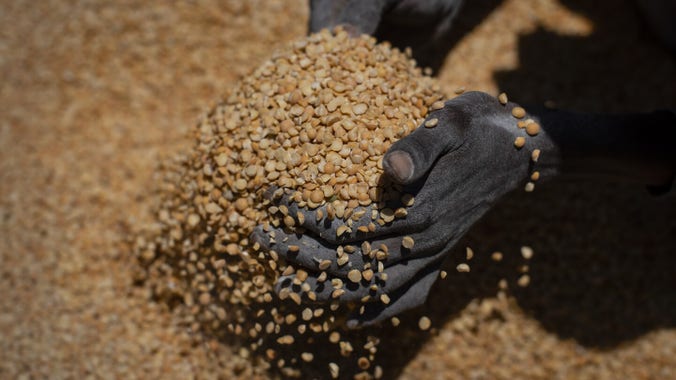Hunger kills hundreds after US and UN pause food aid to Ethiopia's Tigray region, officials say
Local officials and researchers say hunger has killed at least 700 people in Ethiopia’s northern Tigray region in recent weeks after the United States and United Nations suspended food aid.





Add comment